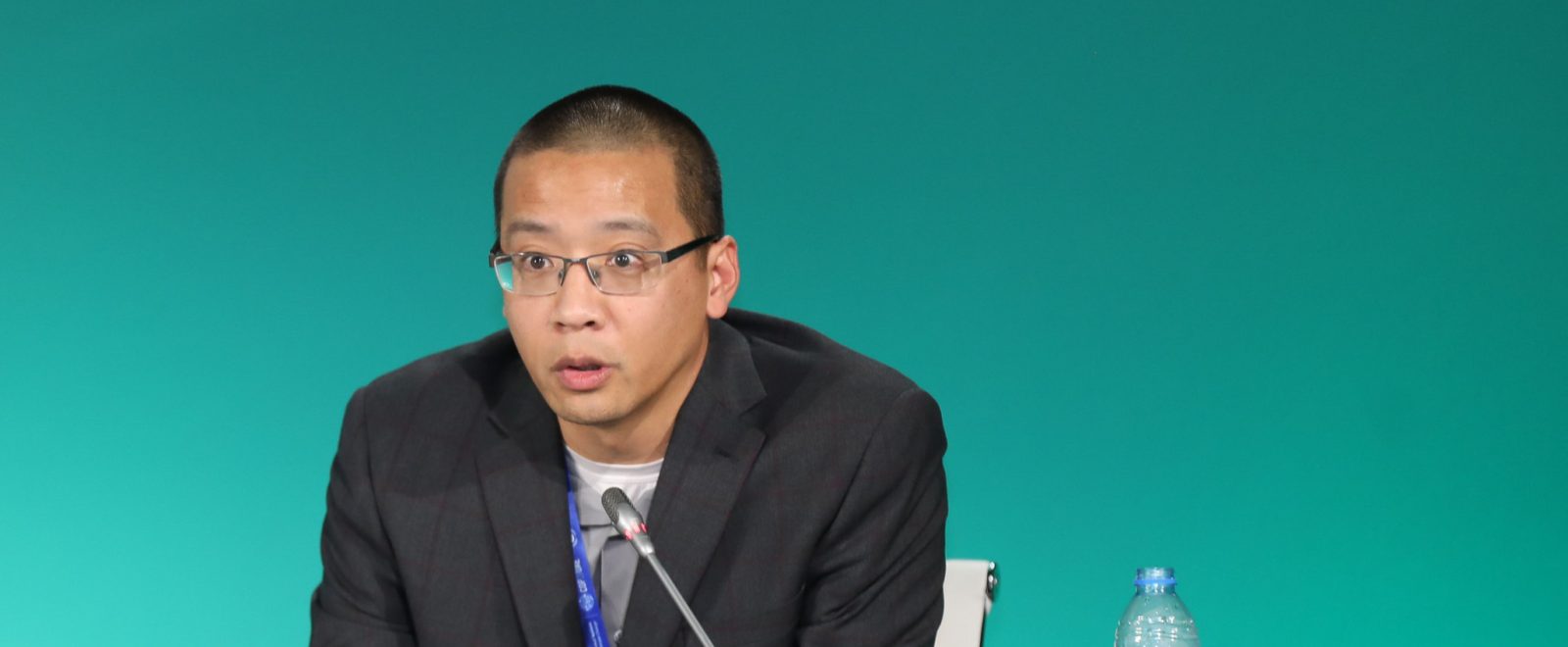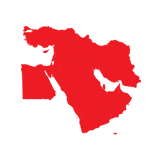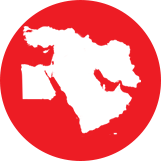The UN COP28 climate negotiations came to a close today in Dubai. ActionAid experts have the following comments on the COP28 outcome:
Brandon Wu, Director of Policy and Campaigns, ActionAid USA:
“The COP28 outcome could have been far stronger if the United States had not played such a destructive role in rejecting all language that would require it to act first and support developing countries in making their own transition. The United States is the world’s largest emitter, with the world’s largest fossil fuel expansion plans, and has consistently failed to deliver its fair share of climate finance.
As a result, the final outcome of COP28 only sets a weak direction towards a fossil fuel phaseout. The text fails to send the crucial signal that the rich developed countries that have been the main cause of the climate crisis should take the lead in phasing out fossil fuels and reducing emissions more generally. It also fails to create any assurances that these same developed countries will provide finance and technological support to enable the phaseout and transition in poorer countries.
Stronger outcomes on equity and finance – blocked by the U.S. and other developed countries – could have unlocked a much stronger outcome on the fossil fuel phaseout. A new Loss & Damage Fund was created, but the initial round of pledges to it fell far short of the need. Given that phasing out fossil fuels without international support will simply be impossible for many developing countries, the U.S. and other rich developed countries must step up and truly lead. Otherwise, the COP28 agreement will just be empty words on paper.”
Teresa Anderson, Global Lead on Climate Justice, ActionAid International:
“The COP28 outcome unfortunately shows that developed countries refused point blank to offer any new finance for developing countries, or commitments to take the lead on a fossil fuel phaseout. With a lack of finance, and so many loopholes and gifts to the greenwashers, this text maps a rocky road to a fossil free future. Lower income countries are already being pushed into debt by the cost of climate disasters, and without support will be forced to make impossible choices between economic security and climate action.
COP28 has spotlighted that while the world’s appetite for climate action has moved significantly forward, its willingness to pay lags behind. The mission to move to a fossil-free future does not yet have the finance components needed to make this goal workable for lower-income countries. If rich countries had been willing to put real finance and fair timelines on the table, the outcome could have been much stronger. Finding ways forward on climate finance, and how we can cover the costs for the world we want to build together, must now be part of every climate conversation moving forward.
Civil society can be incredibly proud of the momentum built to get us to this point. COP28 has resulted in an outcome that should discourage institutions from investing in assets that will soon be stranded. But there is still much more to do to ensure that we can really fund our future. At COP29 in Baku, all eyes will be on the negotiations for the New Collective Quantified Goal on finance.”
Kelly Stone, Senior Policy Analyst, ActionAid USA and Network Coordinator of the Climate, Land, Ambition and Rights Alliance (CLARA):
“There is no space for offsets if we want to meet the Paris Agreement goals. These market negotiations keep breaking down because market mechanisms don’t work. We’ve had decades of experience now with how market mechanisms not only fail in their climate commitments but do real harm to communities. The text that was negotiated was absolutely unacceptable, allowing these market mechanisms to go forward with minimal transparency and without key safeguards for communities. It’s better to delay than accept bad rules. It would be best if parties rethought their approach to markets entirely.
The dangerous distractions language combined with slightly improved fossil fuel language is difficult to accept. But it represents a step forward, an acknowledgement of civil society’s clear demand for real climate action. Going into the next round of NDC preparation, all countries need to do their fair share, especially rich, developed countries like the US. Only when those countries do their fair share, including by providing support, can we unlock needed ambition.”
ENDS
For media requests, please email Christal.James@actionaid.org or call 704 665 9743.
Spokespeople are available:
- Brandon Wu – Director of Policy and Campaigns for ActionAid USA
- Teresa Anderson – Global Climate Justice Lead for ActionAid International
About ActionAid
ActionAid is a global federation working with more than 15 million people living in more than 40 of the world’s poorest countries. We want to see a just, fair, and sustainable world in which everybody enjoys the right to a life of dignity and freedom from poverty and oppression. We work to achieve social justice and gender equality and to eradicate poverty.


